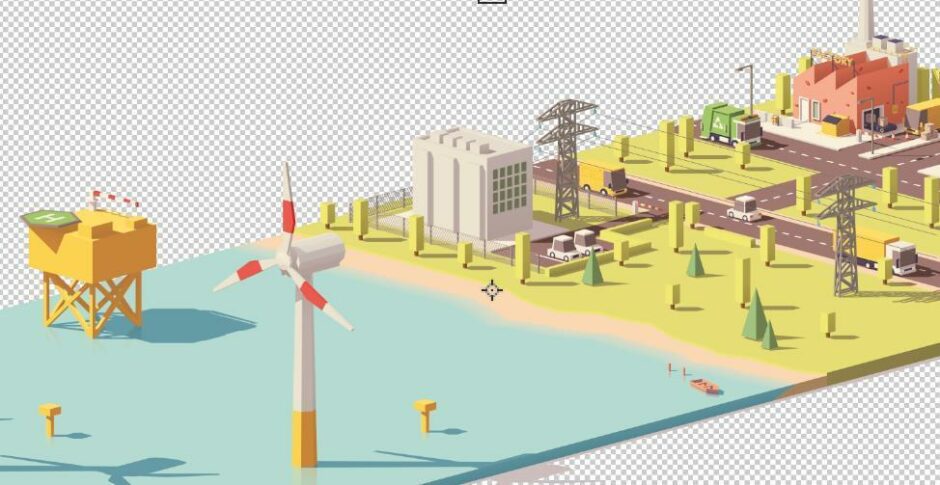
Consultancy Crondall Energy has been awarded a share of a £6.7 million UK Government pot to try to use North Sea infrastructure to solve the puzzle of energy storage.
In partnership with Durham University, the pair have been awarded nearly £150,000 to develop a project which may ultimately help deal with the problem of intermittency in renewable energy sources like offshore wind.
Over a five month period, the pair will explore the cost of using electricity to compress air and store it offshore in the UK North Sea.
When such a system is reversed, the compressed air could be used to power a turbine to produce flexible electrical energy.
The technology could provide long-term energy storage capacity to the electricity grid, which is increasingly being connected to high volumes of low carbon and renewable generation.
Energy storage is expected to be one of the key components in a smarter, more flexible system, Crondall said.
Upon completion, it is hoped that the UK Government will progress the project to a full prototype of the technology.
The intermittent nature of renewables like solar and wind power means that energy can be produced when it is not needed, such as during extended periods of high wind.
However, as new technologies are developed, this energy can be stored for longer, helping manage electricity generation variations and increasing resilience, while also maximising value for money.
Crondall Energy director Murray Anderson said a “wide range” of energy storage technologies will be required going forward and compressed air energy storage is a “proven system” with the duration and scale required.
Andrew Smallbone of Durham University said: The UK is well placed to generate a significant amount of its energy from offshore wind and adding long-duration storage expands its potential for further growth.
“This project builds upon our work on the scale-up of grid-scale energy storage technologies and their roll-out to the UK energy system.”
A total of 24 projects across the UK were awarded funding in the first round of the Department for Business, Energy and Industrial Strategy (BEIS) competition on Longer Duration Energy Storage.
Energy minister Greg Hands said: Driving forward energy storage technologies will be vital in our transition towards cheap, clean and secure renewable energy.
“It will allow us to extract the full benefit from our home-grown renewable energy sources, drive down costs and end our reliance on volatile and expensive fossil fuels. T
“Through this competition we are making sure the country’s most innovative scientists and thinkers have our backing to make this ambition a reality.”

